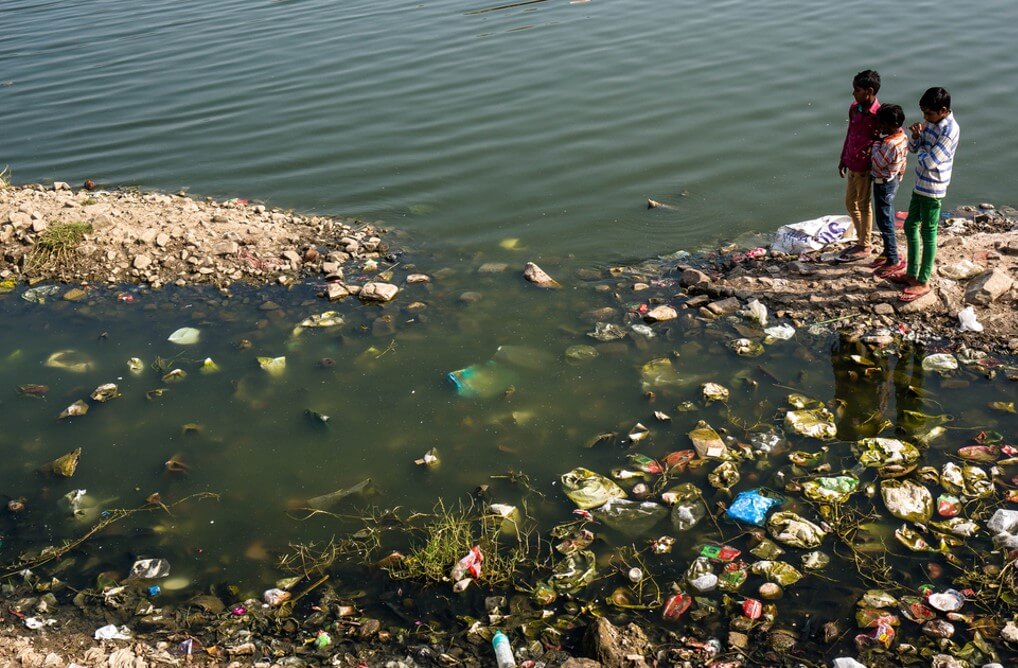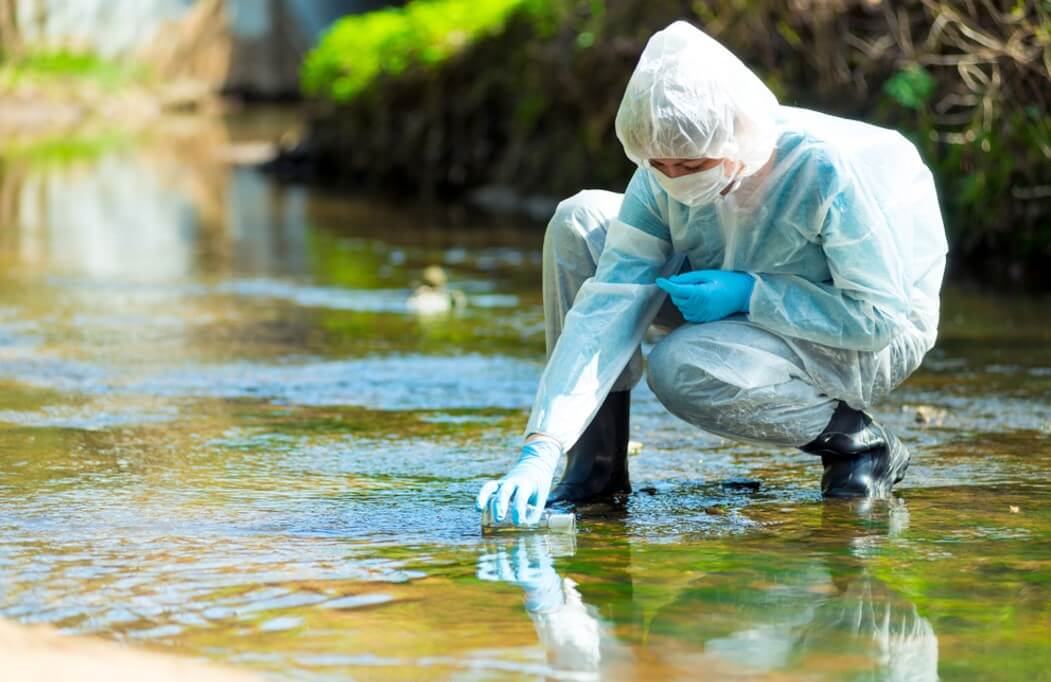Water is essential for human life and all life on earth to thrive. Unfortunately, the earth keeps dropping hints to remind us that our water supply isn’t infinite, and global warming and pollution continually affect our water. But how does water pollution affect the environment? Is there anything that we can do about it?
In this article, we’ll explain what water pollution is doing to our planet and how we can prevent the problem from worsening.
What Is Water Pollution?
How does water pollution affect the environment? Before we answer, it’s important first to explain what exactly water pollution is.
In short, water pollution is the contamination of water that makes it unusable for human use. These uses include:
- Drinking
- Cooking
- Agriculture
- Swimming
- Cleaning
What exactly causes water pollution? Let’s find out.
What Causes Water Pollution?
There are several different causes of water pollution. Sometimes it is naturally occurring, such as mercury from the earth’s crust polluting the oceans. However, most water pollution causes are due to human activity.
Here are some of the most common water pollutants:
- Bacteria
- Viruses
- Parasites
- Fecal matter
- Plastics
- Pesticides
- Radioactive substances
You may already be able to guess some of the significant causes of water pollution, such as oil spills and dumping toxic chemicals. However, water pollution isn’t just directly dumping substances in water.
You may be surprised by how many human activities contribute to water pollution. To demonstrate, here are just a few examples:
- Deforestation: Deforestation can exhaust water resources and generate organic residue, which may cause harmful bacteria.
- Sewage: According to the UN, over 80% of the world’s sewage goes untreated to the ocean. In some areas, the rate is even higher.
- Maritime traffic: Similarly to how road vehicle traffic causes air pollution, maritime traffic pollutes the oceans, primarily through traffic.
Another major contributor to water pollution is global warming. The rising global temperatures and climate change caused by CO2 emissions heat the water and reduce the dissolved oxygen content.
What’s more, water pollution isn’t just impacting our oceans and other large bodies of water. You may be impacted by it in your own home. One example of water pollution that may directly affect you at home is lead contamination caused by lead pipes.
All of this water pollution produces adverse effects for the environment. Let’s find out what they are.


How Does Water Pollution Affect the Environment?
For humans, the direct consequences of water pollution affect our health. Ingesting contaminated water may cause:
- Transmission of disease
- Diarrhea
- Nausea
- Stomach cramping
However, these aren’t the only potential effects to worry about. Water pollution has many effects on our environment, which, as a result, affects humans as well.
Here are some of the top consequences of water pollution on the environment.
Reduces Biodiversity
One of the main effects of water pollution is the destruction of biodiversity. The initial and most significant impact on biodiversity will be seen in the oceans through the depletion of aquatic ecosystems.
When biodiversity suffers, it trickles a chain reaction of other effects on different species and the environment. This eventually leads back to humans and affects the quality of life for all life on earth.
Contaminating the Food Chain
Contamination of the food chain is another negative effect of water pollution. This effect is partly a consequence of the destruction of biodiversity but is also caused by the direct pollution of the water.
Water pollution affects the food that comes from the oceans, such as fish. If the fish are swimming around in contaminated water, they also become contaminated.
So when fishermen fish in polluted waters, the fish they catch for consumer purposes risks introducing those toxins into our food chain.
The same can be said for agricultural practices that use wastewater for farming. This causes soil pollution, and these toxins are now in our food and risk causing us harm when we eat them.
Increased Disease
If toxins are introduced into our food through the contaminated food change, that puts humans at higher risk of disease.
However, polluted water’s effects on humans can be more direct than that. According to the UN, more than 2 billion people lack safe drinking water at home, and more than twice as many lack clean water sanitation and wastewater treatment.
With over a quarter of the population having no choice but to drink contaminated water, a new disease has a greater chance of being introduced and spread around the globe.
You now know the answer to how water pollution affects the environment, but what can you do about it?
How to Prevent Water Pollution
Unfortunately, there’s no going back on the water that’s already been polluted. However, the best we can do is to preserve the water we currently have left and prevent any further water contamination from happening.
Here are a few steps we can take to prevent further water pollution:
- Work on reducing the speed of global warming
- Reducing the use of pesticides and fertilizers on crops
- Watching what you dump down the sink
- Avoid throwing solid waste into the ocean and other bodies of water
- Avoid littering and risking waste getting into bodies of water
- Restricting the use of single-use plastics
- Shutting off the tap to save water when you don’t need it


Putting an End to Water Pollution
Water pollution is detrimental to life on earth, and it’s important to recognize its effects to find a way to slow them down or stop them completely.
Hopefully, this article helped you understand how water pollution affects the environment. The lesson is that water pollution will always circle back to affecting human life, so we must address the issue before it’s too late.
At Quench Buggy, we care about the safety of our water supply. Learn how we can provide fresh potable water in emergency situations or for attendees of your next festival or event.

